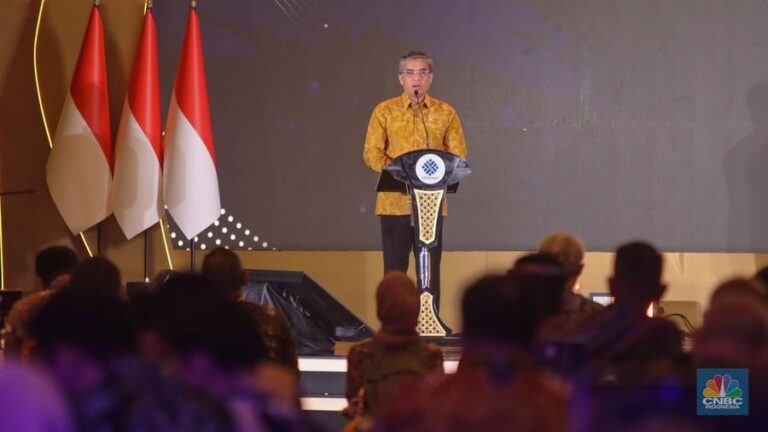In a moment of shifting fortunes and evolving economic priorities, China has crowned a new wealth leader: Zhang Yiming, the visionary behind the popular and often polarizing social media platform TikTok. At age 41, Zhang has achieved the distinction of becoming China’s wealthiest person, with an estimated fortune of $49.3 billion, as revealed in the 2024 Hurun China Rich List. Zhang’s success mirrors the broader rise of China’s tech industry, while the shrinking number of billionaires in China signals a new era of economic restructuring and regulatory challenges for the nation.
ByteDance, Zhang’s brainchild founded in 2012 alongside his college roommate Liang Rubo, has quickly evolved from a small tech startup to a global powerhouse. With last year’s 30% revenue increase totaling $110 billion, ByteDance has cemented itself as one of the most profitable tech companies in China. Since its global launch in 2017, TikTok has become synonymous with modern social media, particularly among the younger generation. The platform now boasts nearly 200 million users in the United States alone, marking ByteDance as one of the first Chinese tech companies to achieve widespread adoption in international markets.
Despite TikTok’s enormous success, ByteDance’s journey has been fraught with regulatory challenges. The platform is currently grappling with a series of lawsuits in the United States over alleged failures to safeguard young users’ privacy. Additionally, ByteDance faces pressure from a law enacted in April, which could result in a nationwide ban on TikTok if it fails to spin off its U.S. operations. Lawmakers fear TikTok’s ties to China could compromise American data security, although both TikTok and ByteDance have denied any risks of government interference. This scrutiny highlights a broader geopolitical struggle between the United States and China, with data and technology emerging as focal points. These concerns are not isolated to the United States. India implemented a full ban on TikTok in 2020, and other countries such as Canada, Australia, and the United Kingdom have imposed restrictions, particularly on government devices.
Zhang’s rise to the top has displaced Zhong Shanshan, owner of Nongfu Spring, who previously held the position as China’s wealthiest individual. Zhong, often celebrated as the “bottled water king,” encountered public backlash earlier this year from nationalist groups who accused him of insufficient loyalty to China. This criticism impacted Nongfu Spring’s stock price, leading to Zhong’s descent in the rankings. Pony Ma of Tencent, another tech magnate and owner of China’s widely used WeChat platform, secured the third position, further underscoring the dominance of technology leaders among China’s wealthiest individuals.
The Hurun China Rich List reveals that China’s billionaire count has decreased by 142 individuals since last year, marking a shift in China’s economic structure and the wealth landscape. The total number of billionaires now stands at 753, a sharp contrast to the peak in 2021 when China boasted 1,185 billionaires. Hurun Report chairman Rupert Hoogewerf attributes this contraction to economic pressures, including a prolonged real estate downturn, high local government debt, and a cautious consumer base. These factors have combined to create an economic environment in which wealth accumulation has become increasingly difficult, even for the nation’s financial elite.
For the third consecutive year, the number of individuals listed on the Hurun report has dropped, with 1,094 individuals holding a net worth of at least 5 billion yuan (roughly $700 million). This decline, a 12% reduction from last year, highlights the economic challenges that China currently faces. Notably, the traditional industries, such as real estate, which once dominated China’s billionaire landscape, have given way to sectors like technology, consumer electronics, and healthcare. The focus is gradually shifting towards industries that not only promise growth but also align with national priorities, particularly those involving technology and renewable energy.
China’s billionaire count is now shaped by a new generation of wealth leaders, particularly those excelling in tech and innovation. This transition, symbolized by Zhang Yiming’s rise, reflects a profound economic transformation that is redefining China’s future. While Zhang’s success story underscores the potential for tech entrepreneurs to make an indelible impact, the broader decline in billionaire numbers speaks to a recalibration in the country’s economic foundations. As China adapts to both domestic pressures and international scrutiny, the wealth profiles of its elite are evolving, hinting at an era where technology and innovation could become the central pillars of China’s economy.









